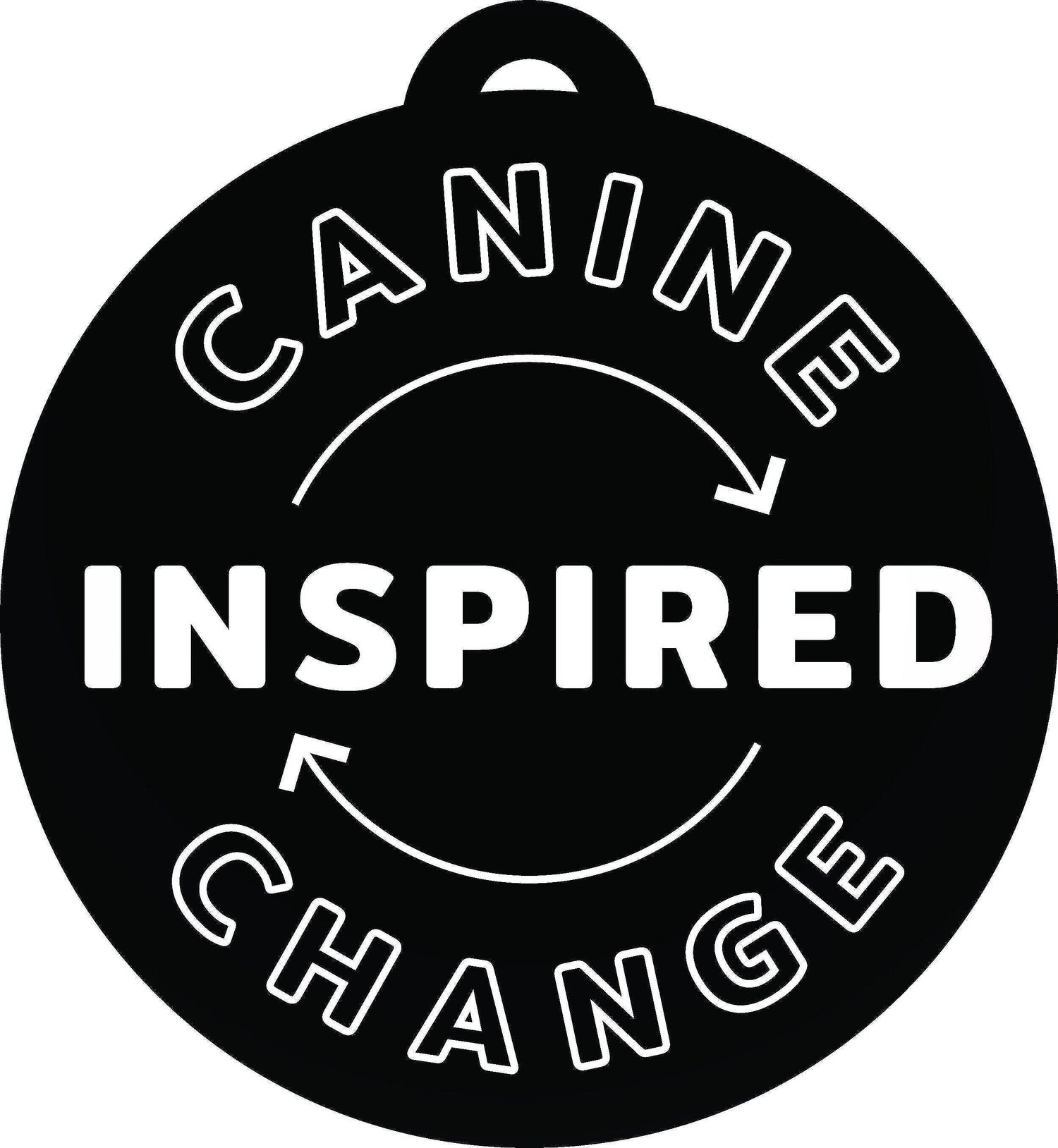
Tweeners Class
Tweeners Class: For adolescent dogs navigating the big feelings and big changes of growing up
If your sweet puppy has recently turned into a wild teenager seemingly overnight—jumping, barking, ignoring cues they definitely knew last week—you’re not alone. Welcome to the Tweeners phase!
This class is designed specifically for dogs in their adolescent stage (generally 5 to 18 months), a time marked by big brain changes, bigger emotions, and a sometimes baffling lack of impulse control. We’ll help you understand what’s happening under the surface and guide you and your dog through this transitional life stage with empathy, connection, and science-based training.
Each week, we’ll work on foundational skills (like recall, polite greetings, and stationing) while building emotional regulation, motivation, and connection between you and your dog. We’ll use concepts to support your dog’s whole-being development—not just obedience. And we’ll keep things light, fun, and rewarding for everyone (because adolescent dogs aren’t the only ones who get overwhelmed).
Expect games, enrichment, movement, sniffing, and lots of reinforcement. We’ll talk about breed tendencies, behavior changes, and how to work with your dog’s unique personality instead of fighting against it. You'll leave with a better understanding of your dog's brain, new tools for navigating tricky moments, and a deeper bond with your four-legged teen.
This class is for:
Adolescent dogs (approx. 5–18 months) or soon to be adolescent dogs
Guardians ready to learn, play, and support their pups through the messy middle
Let’s make growing up a little easier for both ends of the leash.
Schedule
Sundays 3-4pm
March 8, 15, 22 & 29th
OR
Tuesdays 5-6pm
April 28, May 5, 12 & 19th
Location
2300 Myrtle Ave Suite 220, St. Paul, MN
Please read over CIC’s accident waiver & release of liability and class refund policy prior to registering.
CIC PARTICIPANT ACCIDENT WAIVER & RELEASE OF LIABILITY
CIC COVID PROTOCOLS UPDATED FEBRUARY 2024
Canine and human participants must be able to tolerate other dogs and humans. Proof of canine vaccination is not required, however it is expected that all canine participants will be up-to-date on their canine parvovirus, distemper, canine hepatitis, Bordetella, and rabies.

